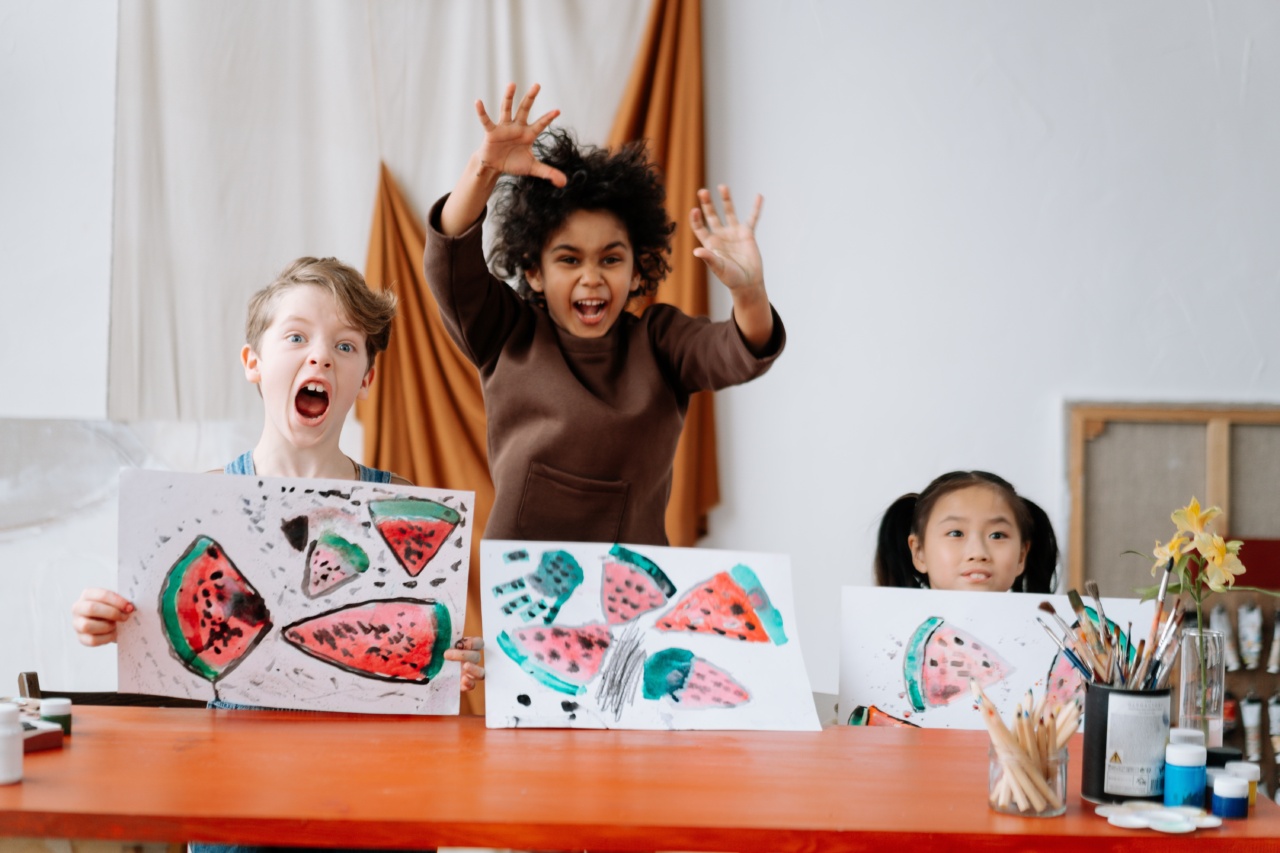As parents, we all face moments when we feel like we’re going to lose our minds. When our children misbehave, it’s tempting to react with shouting and angrily venting our frustrations.
However, research has shown that yelling at kids could do more harm than good. It creates a negative environment and can lead to long-lasting emotional effects. By learning to control our anger and practice active listening, we can teach our kids to do the same and build stronger relationships with them.
Here are ten important lessons we can learn when we stop shouting at our kids:.
1. Active Listening Helps Kids Feel Heard
When your child is acting out, try to understand the root cause of their behavior. Sometimes, they just want to be heard and understood.
Practice active listening by giving them your full attention, repeating what they say, and acknowledging how they feel. Not only will this make your child feel validated, but it will also help them learn how to express themselves in a healthy way.
2. Positive Reinforcement is a Better Teaching Tool
Instead of yelling at kids when they make mistakes, try to use positive reinforcement to encourage them to do better. Praising them for their good behaviors and achievements will empower them to continue striving for success.
3. Anger Begets Anger
When you react with anger, you’re teaching your child that anger is an acceptable way to respond to negative situations. Instead of modeling the behavior you don’t want, show them how to respond with positivity and kindness.
4. Time-Out Can Teach Self-Control
Time-outs are frequently used as a punishment for bad behavior, but they can also be used to teach self-control. Instead of yelling or spanking your child, a timeout provides them with a chance to reflect on their actions and find a way to calm down.
Afterwards, you can talk to them calmly about what happened and how to avoid making similar mistakes in the future.
5. Apologizing Shows Respect
Apologizing does not make you a weak parent – it shows your child that you respect them and their feelings. By owning up to our mistakes and taking responsibility for our actions, we teach our children to do the same.
6. Consistency Builds Trust
When our reactions are unpredictable, it can be confusing and frightening for children. By being consistent with our expectations and consequences, we create a more stable and trustworthy environment for our kids to thrive in.
7. Breathing Exercises Calm the Mind
When emotions are running high, it’s easy to lose control. Practicing deep breathing exercises can help calm the mind and prevent uncontrolled outbursts. Teach your children how to breathe deeply and use this technique during stressful moments.
8. Acknowledging Feelings Builds Empathy
When we acknowledge our children’s feelings, we teach them that their emotions are valid and important. This understanding builds empathy and teaches them to be more understanding of others.
9. Patience is a Virtue
Parenting can be overwhelming and exhausting, but it’s important to remember that patience is a virtue. Take a deep breath and remind yourself of the big picture. By being patient, we teach our children to be patient with themselves and others.
10. Love is the Foundation for Discipline
Discipline is important, but it should always come from a place of love. When we discipline our children with kindness and respect, we show them that we care about their well-being and want them to grow up to be responsible adults.



























